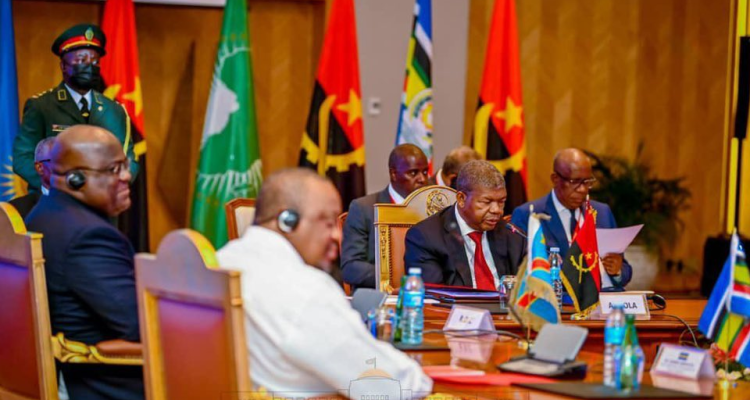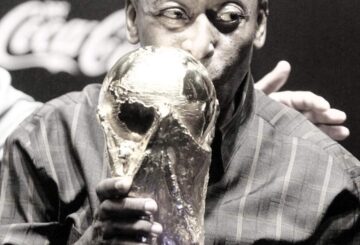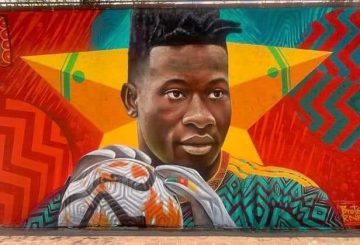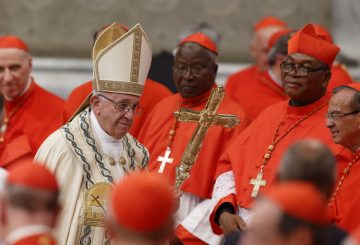In a decisive diplomatic meeting held Tuesday in Goma, North Kivu, foreign ministers from the Democratic Republic of Congo (DRC) and Rwanda recommitted to a fragile ceasefire in eastern DRC, a region plagued by escalated violence involving the M23 rebel group. This pivotal gathering, joined by Angola’s Foreign Minister Tete Antonio, aimed to underscore the urgent need for peace in the conflict-ridden region and establish a monitoring committee to enforce the ceasefire agreement mediated by Angola earlier in August.
The newly established committee, to be led by Angola, will include officials from both the DRC and Rwanda. Its mission is to monitor compliance with the ceasefire agreement and address violations swiftly, marking a significant step in both nations’ attempts to mitigate escalating hostilities. The move follows international pressure for a resolution to the M23 crisis, which has led to severe humanitarian consequences in eastern Congo. With civilians facing displacement and instability, the world watches as this alliance strives for tangible progress.
Foreign Minister Antonio, emphasizing the dire importance of adherence to peace, expressed Angola’s stance clearly: “We all insisted on the need for respect of the ceasefire,” he affirmed, signaling Angola’s dedication to peace efforts. Though a formal ceasefire agreement has existed since early August, the ground realities reflect an ongoing struggle as M23 rebels have captured several territories since resuming their offensive in October.
Congolese Foreign Minister Therese Kayikwamba Wagner highlighted her country’s concerns ahead of the meeting, pointing out a “certain contradiction” between Rwanda’s verbal support for the ceasefire and the alleged support of the M23. These accusations continue to strain bilateral relations, though Wagner refrained from commenting after the closed-door meeting. This silence suggests the challenges the two nations face in reaching mutual trust.

The resurgent violence has been devastating for the civilian population, with reports indicating significant displacement along the shores of Lake Edward near the Ugandan border. According to local sources, M23 forces have periodically seized control of this area, sparking fear and instability for communities already vulnerable to conflict. Humanitarian groups warn of a “growing crisis” as thousands are forced to flee their homes amidst renewed clashes.
Rwandan Foreign Minister Olivier Nduhungirehe, however, reaffirmed Rwanda’s dedication to the peace process. “Our commitment to peace is unwavering,” Nduhungirehe stated, denying allegations of direct support to the M23 and positioning Rwanda as an active participant in maintaining stability. This statement highlights Rwanda’s intention to be perceived as a cooperative force, though skepticism remains among Congolese officials and international observers.
Angola’s condemnation of M23’s recent actions adds pressure for adherence to the ceasefire. The rebel group, largely composed of ethnic Tutsi fighters, has been accused of breaching peace with “flagrant violations,” including the capture of towns and increased confrontations with Congolese forces. The committee’s formation marks a decisive measure to address these tensions, but the effectiveness of this structure remains to be seen.
Don’t miss:
The Things-Fall-Apart-Okonkwo Debate: Can Idris Elba Roll Fufu?
The Nigerian Japa Syndrome: Myths and Truths (I)
Fairly Used Gods for Sale, Hurry While Stock Lasts
The M23’s resurgence has revived questions about underlying geopolitical issues in the region, with some analysts suggesting that control over local resources might be fueling the conflict. Many are hopeful that the monitoring committee will bring some transparency to these concerns, yet the root causes may require long-term dialogue and international support for sustainable peace efforts.
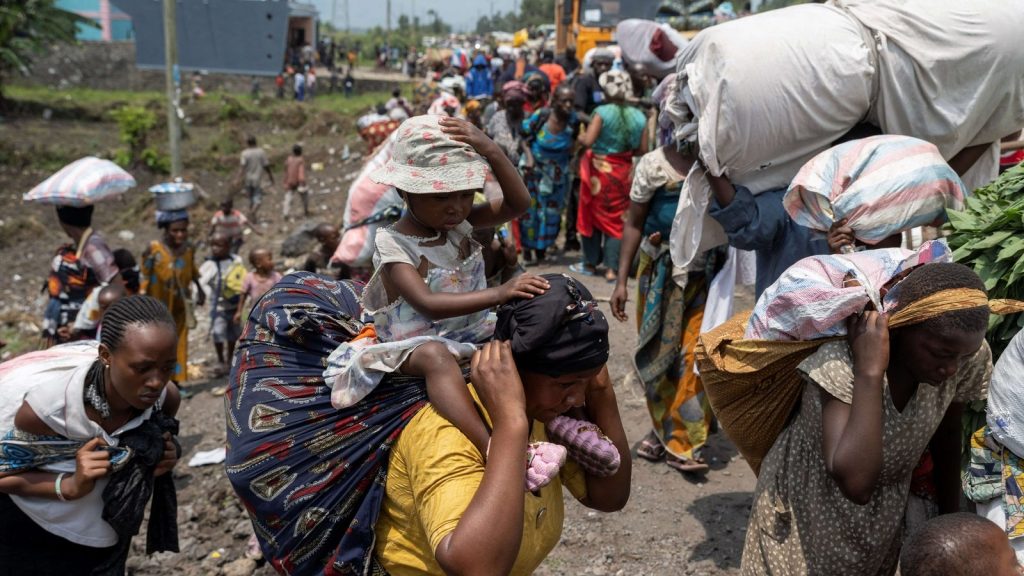
The coming weeks will reveal whether this diplomatic step can reduce violence, or if the region will continue to face a protracted conflict. For the people of eastern DRC, the stakes could not be higher as they await the outcome of this renewed peace process.


